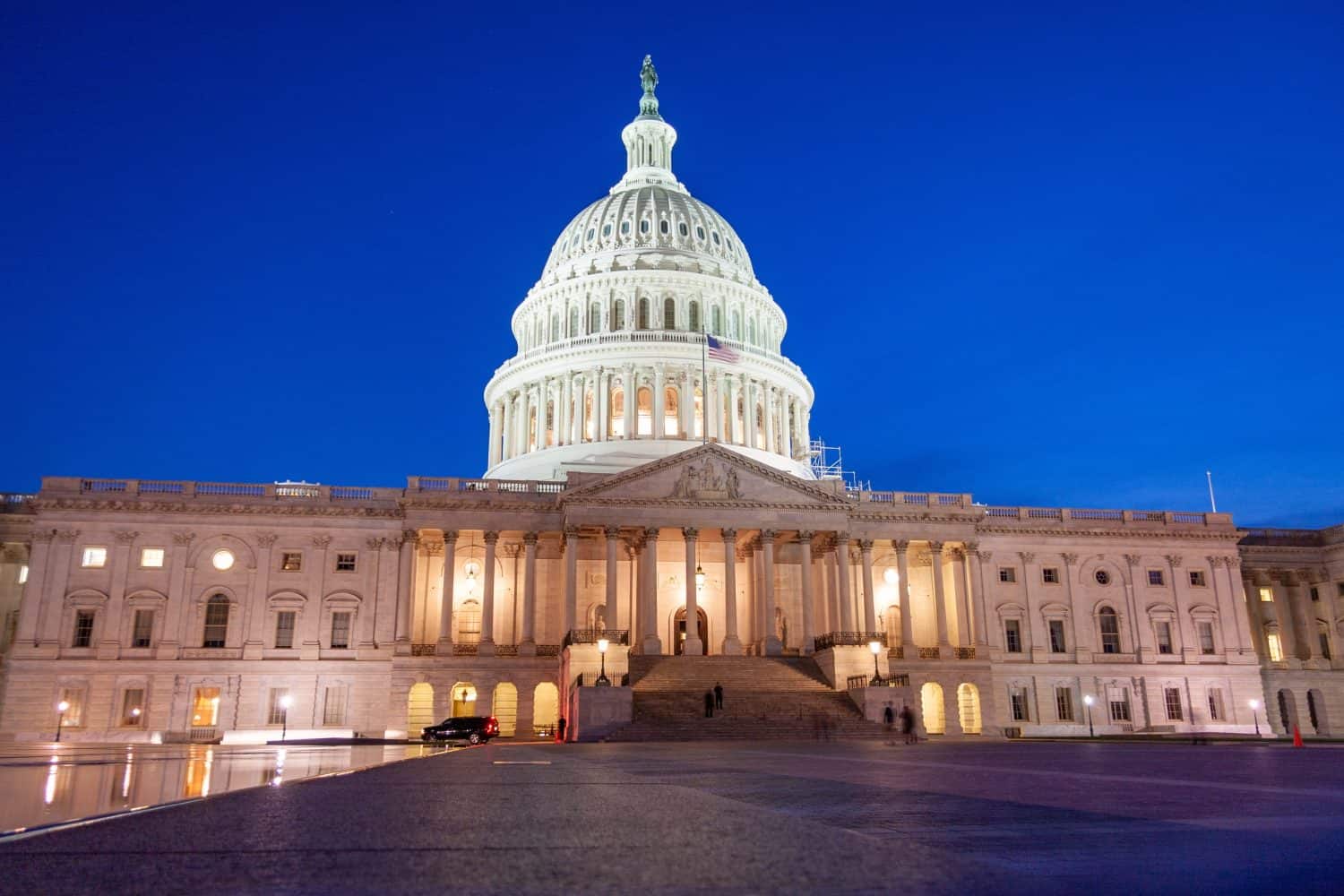
"Women have served in the U.S. Congress for just over a century, beginning in 1917 when Jeannette Rankin of Montana became the first woman elected to the House of Representatives. Progress was slow at first; only a handful of women served through the early and mid-20th century, many stepping into office after the deaths of their husbands. The landscape shifted dramatically after the 1960s and especially during the 1992 "Year of the Woman,""
"After leaving the US Army Reserve as a lieutenant colonel and serving in the Iraq War, Joni Ernst discovered her love of politics. Elected to the US Senate in 2015, Ernst has dedicated herself to opposing legalized abortion, sponsored a fetal personhood amendment, and introduced legislation to defund Planned Parenthood. Ernst has also called for reforming Social Security and Medicare and voted in favor of the T"
Women have served in the U.S. Congress since 1917, when Jeannette Rankin became the first woman elected to the House. Early growth was slow, with many women entering office after the deaths of their husbands. Electoral and social shifts in the 1960s and the 1992 "Year of the Woman" produced notable increases in female representation. The 21st century accelerated those gains: women now hold leadership posts, chair major committees, and reflect broader racial, ethnic, and ideological diversity. More than 150 women serve in the House and Senate combined, marking historic progress though still short of parity. Individual lawmakers have advanced policy on veterans' issues, reproductive rights, and entitlement reform.
Read at 24/7 Wall St.
Unable to calculate read time
Collection
[
|
...
]